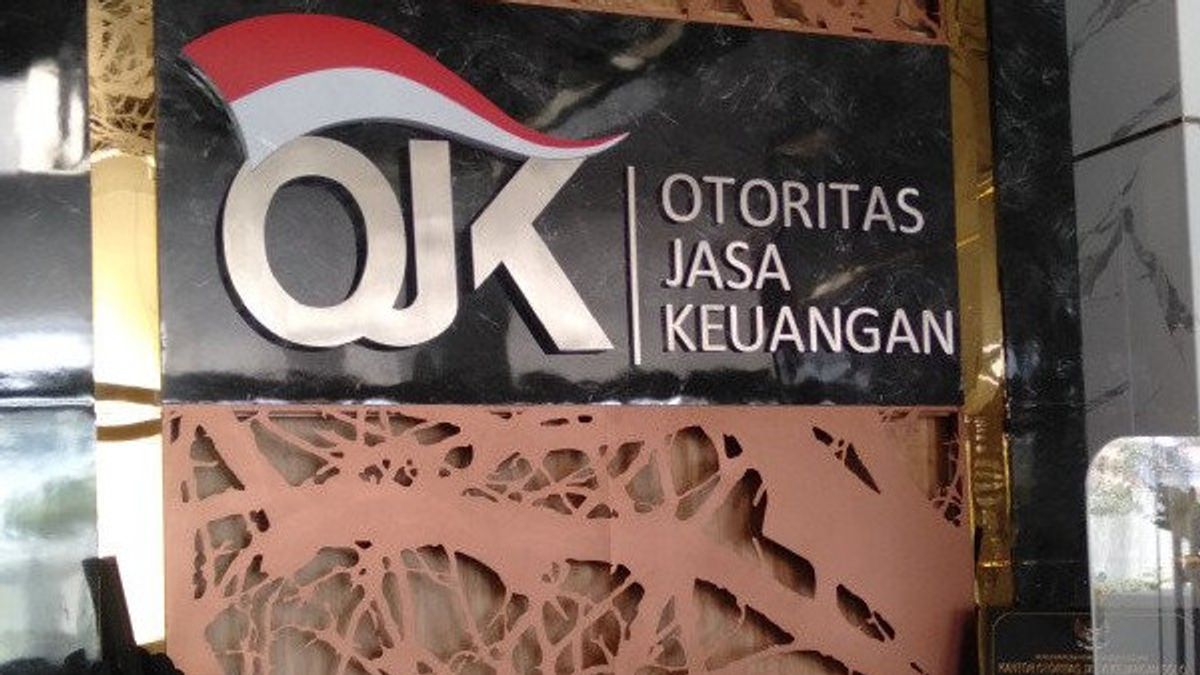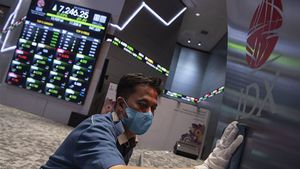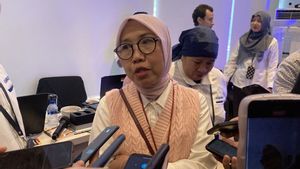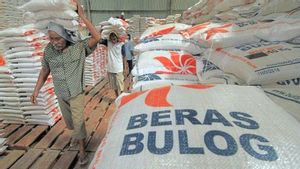JAKARTA - The Financial Services Authority (OJK) revealed that the Islamic financial literacy index and inclusion continued to increase.
Deputy Director of the Sharia Financial Literacy and Inclusion Group, OJK Rakyan Gilar Gifarulla, Thursday, March 28, stated the financial literacy index in 2016 for the national 29.7 percent and sharia 8.1 percent so that there was a gap of 21.6 percent. Then in 2019, the national 38.03 percent and sharia were 8.93 percent, so there was a gap of 29.1 percent. Meanwhile, in 2022, the national is 49.68 percent and sharia is 9.14 percent, so there is a gap of 40.54 percent.
"Indeks literasi dan inklusi keuangan syariah menunjukkan peningkatan dibanding 2016. Namun, masih membutuhkan upaya bersama dalam mengejar indeks nasional," katanya dalam media update yang digelar OJK Kediri secara daring, dikutip dari Antara.
For the financial inclusion index, nationally in 2016 it was known to be 67.8 percent, sharia 11.1 percent so that there was a gap of 56.7 percent. In 2019, the national 76.19 percent and sharia 9.1 percent so that there is a gap of 67.09 percent and in 2022 the national 85.1 percent and sharia 12.12 percent so that there is a gap of 72.98 percent.
According to him, there is a gap between the national and sharia index so that it requires synergy and collaboration between policy makers to accelerate the increase in Islamic financial literacy and inclusion.
He also added that the current development of the global Islamic economic sector is quite fast. It is also supported in terms of demand and supply. In 2023, the value of Islamic financial transactions has increased five times from the previous year. In addition, globally there is an agreement to increase trade cooperation from 18 percent (2021) to 25 percent (2025) between OIC countries.
Currently, he said, Indonesia is in 7th position for total Islamic financial assets in the world based on the 2022 IFDR (Islamic Finance Development Indicator Report) report with various sectors such as sharia finance, halal foods, halal medicines, to halal cosmetics.
Meanwhile, judging from the distribution, there are disparities in the level of literacy and inclusion of Islamic finance. In addition, there are still 16 provinces in Indonesia that are in the lowest quadrant, both lower literacy and inclusion rates than the composite sharia index.
He acknowledged that education about financial literacy must continue to be improved. There are still many people who do not understand Islamic financial products and services, one of which is because terms that are considered difficult to understand.
SEE ALSO:
Meanwhile, Deputy Secretary of the Daily Executive Board of the National Sharia Council - Indonesian Ulema Council (BPH DSN-MUI) Asep Supyallah added that the conventional financial system had been running for a long time, while the new Islamic financial system emerged in the early 1990s.
According to him, this recognition of the sharia financial system began with the establishment of a sharia bank in 1992 next to conventional banks, so that the two banking systems were accepted.
Along the way, MUI has also issued a number of fatwas such as repayment of the debt of murabahah financing before maturity, raising funds with the contract wakalah bi al-istitsmar, contract samsarah, health insurance products based on sharia principles and a number of other fatwas.
"DSN-MUI as part of the MUI has a vision to promote the sharia economy and celebrate the community's economy with a mission to develop the sharia economy, financial institutions and sharia businesses for the welfare of the people," he said.
The English, Chinese, Japanese, Arabic, and French versions are automatically generated by the AI. So there may still be inaccuracies in translating, please always see Indonesian as our main language. (system supported by DigitalSiber.id)














